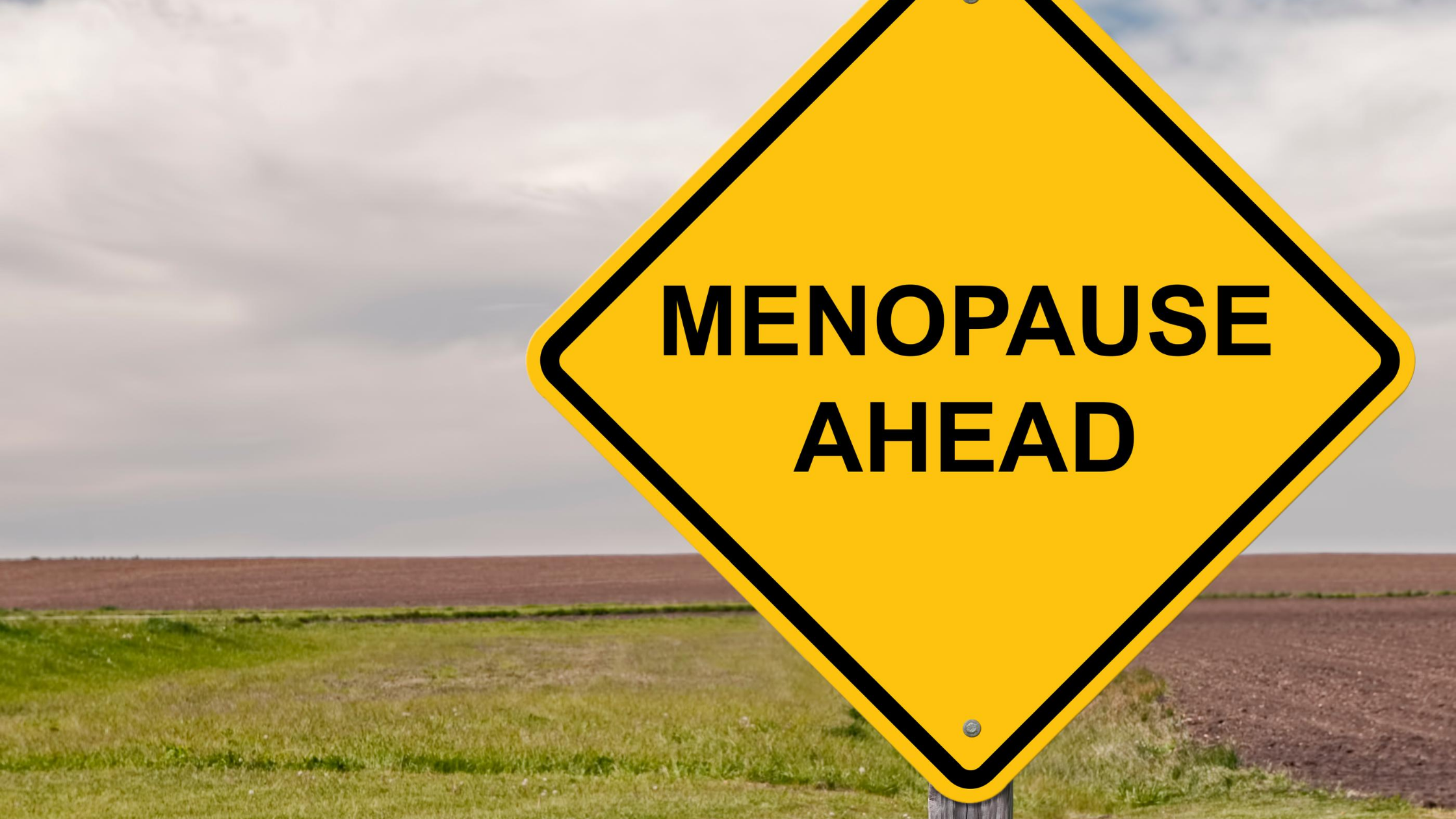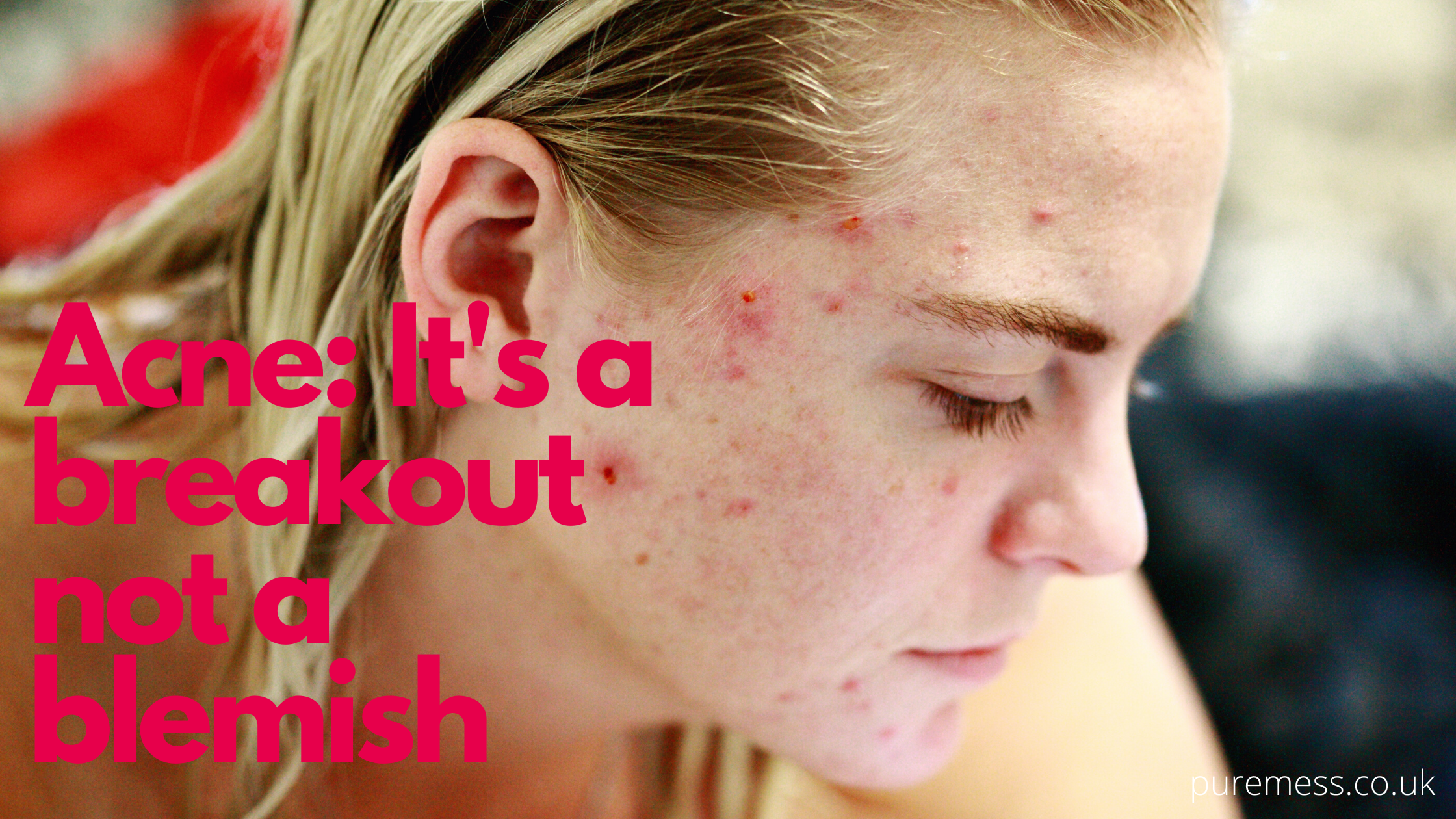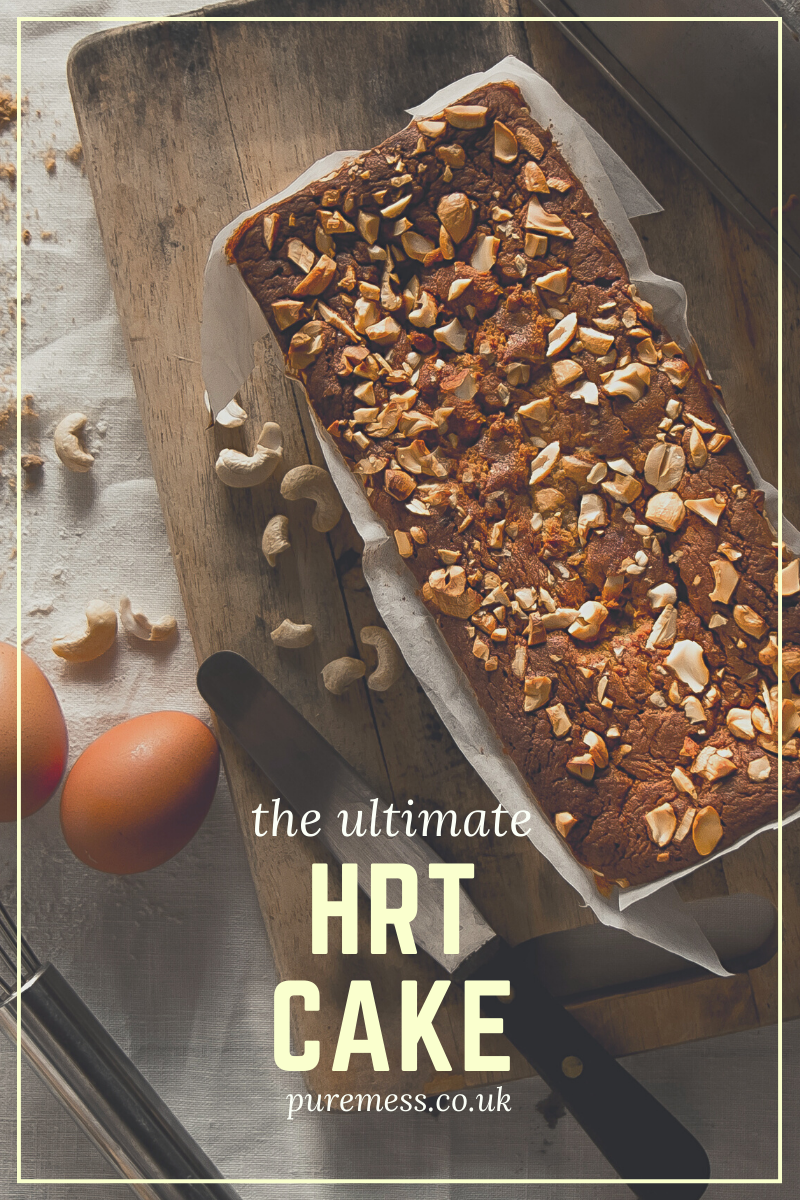
You, the menopause and your skin
As I write this I am sporting a very healthy spot on my chin! I have suffered with spots at particular periods during my life, especially pregnancy, but really, now!! I’m 51 for goodness sake.
Clearly there is no denying that your skin changes during menopause – I have been menopausal since December 2017 when I had a hysterectomy – and my skin has definitely changed, but this will be different for each of us.
Oestrogen plays a huge role in the signs of ageing and preserving a healthy, youthful glow but the onset of menopause means that the levels of oestrogen drop, causing skin issues such as dryness and wrinkles. If you are late going into the menopause (average age is 51) – Lucky you! – as your skin will not show the same signs of ageing as those of us who entered it early.
Skin ageing is also caused by other factors such as diet, environmental pollution and sun exposure, so there is no excuse for following a good skincare routine from a young age.
What are the specific effects of menopause on the skin?

- Loss of collagen which is responsible for the skin’s elasticity. The older we get the more our levels of it decrease causing wrinkles and sagging.
- Dry skin is a common feature of menopause, with about 1/3rd of all women over the age of 45 complaining of dry skin. This is caused by a loss of oestrogen which is responsible for oil production and water retention.
- Itchy skin, often caused by dryness is also common, again attributed to a drop in oestrogen and hyaluronic acid levels. You may also develop rashes or start to suffer from eczema or psoriasis.
- Skin can become thinner, meaning you bruise or tear more easily and don’t heal as quickly. The drop in collagen levels affects the middle layer of the skin, the dermis, causing it to thin with age.
- Acne – breakouts (I prefer NOT to call them blemishes) are fairly common during the menopause, meaning we can all wake up to few spots here and there.
- Oh my goodness – night sweats. It makes me break out into a sweat just thinking about it. I certainly suffer from these regularly and have the whole, duvet on, duvet off, sticking my head out of the window, or the freezer door, thing going on! What causes these hot flushes and night sweats is again associated with a drop in oestrogen and the skin’s microcirculation.
- This is my favourite! An increase in facial hair due to hormonal imbalances. Thank goodness for good beauticians is all I can say.
All is NOT lost!
Although many of these symptoms of menopause can be uncomfortable there are many ways to alleviate them and make you look and feel more like your younger self again.

- Using more natural products that contain fewer, or hopefully, no harsh ingredients in, will mean that the skin is not stripped of its natural oils. Try shifting away from products that contain sulphates (foaming agents) and parabens (cheap preservatives) and instead move to those that utilise the power of plants.
- Plant-based beauty has been around for centuries, with the Ancient Egyptians using Castor oil and Moringa oil to reduce the appearance of wrinkles and the Greeks using Olive oil as a moisturiser. Ancient Ayurvedic practitioners believed that you shouldn’t put anything on your skin that you wouldn’t eat, only using plant-based products in their treatments.
- One of the ingredients we use in our Rejuvenating Face Cream is hyaluronic acid, which is naturally produced by our bodies and is one of the major components of the skin’s youth-supporting dermis. It has truly amazing moisture retaining properties and can hold huge amounts of water in just a small drop. Unfortunately, as we age our production of it begins to slow down, contributing to dryness and wrinkles so incorporating products in your skincare routine that contain it will really help to replenish the lost moisture.
- Sunscreen is HUGE! Practicing good sunscreen protection, using at least SPF 30, all year round, and not just in the warmer months is an absolute must. It will prevent future skin damage and may even reverse some of the damage already done. Again, I prefer to use a mineral sunscreen rather than a chemical one as they form a barrier on the surface of the skin, reflecting the sun’s rays away from your skin. They are also more suitable for sensitive skin. If you’d like to know more about the differences between the two types of sunscreen then download our Free Guide.
- Living a healthy lifestyle is also really important. Maintaining a diet full of antioxidant-rich fruits and vegetables will give you the optimum levels of nutrients crucial for radiant skin, including vitamins C and E, zinc and selenium as well as beta-carotene.
- Regular exercise can seem daunting as you get older, but it doesn’t have to be high impact! Anything that increases the heart rate will increase the circulation, delivering oxygen and nutrients to the skin. This helps the skin healthy, promoting new skin cell growth and increases the production of collagen, seriously good for anti-ageing!
I thought I’d end with this quote, which I absolutely love, particularly because I am a sufferer of them:

Maybe we can all meet in the real tropics someday!
Lots of love, Gemma xxx


